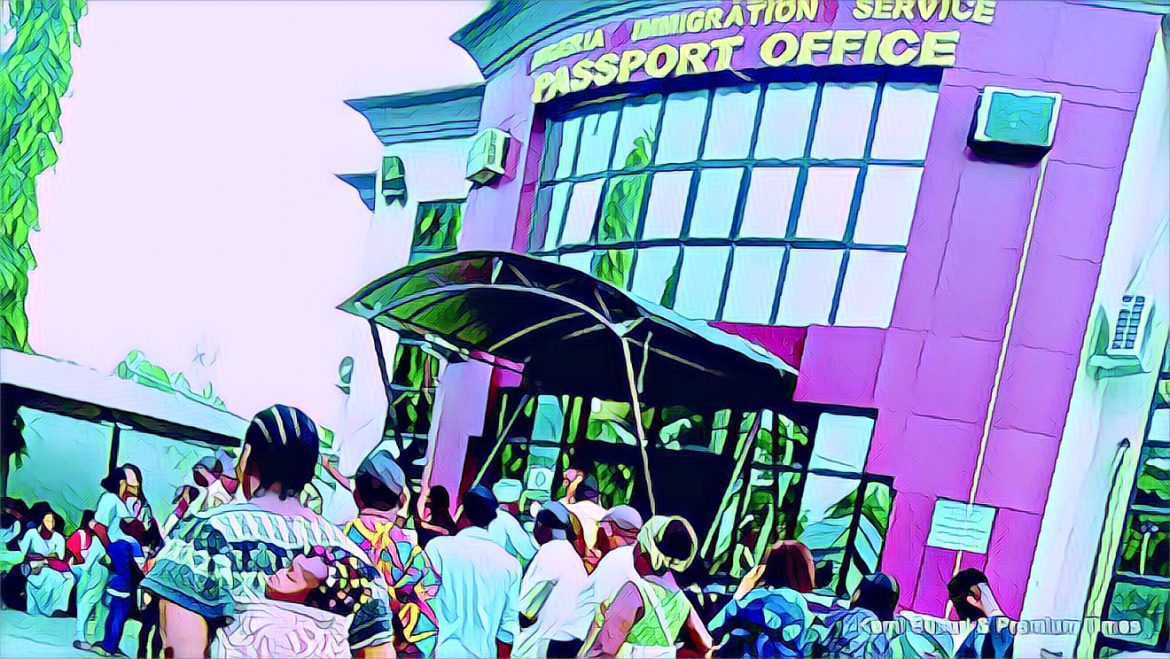The Nigeria Immigration Service (NIS) has recently shown renewed vigor under the leadership of the Minister of Interior, Dr Olubunmi Tunji-Ojo. A significant milestone was achieved when the NIS successfully cleared a backlog of 204,332 passports within a two-week ultimatum, a move indicative of the laudable reforms underway. However, as the Guardian reports, for the reforms to be truly effective, a thorough purge of the NIS’s old bureaucracy, inefficiency, and internal sabotage is essential.
For years, the challenge of issuing international passports promptly remained unsolved, with previous attempts by past administrations falling short. Upon taking office, Dr. Tunji-Ojo pledged to address this issue promptly. His ambitious reform plan aims to decentralize passport application centers, reduce human interaction in the process, review third-party agreements, and potentially reduce service providers, with the ultimate goal of domesticating passport production. These steps are expected to enhance efficiency and ease the passport application process for Nigerians, both at home and abroad.
The path to reform has not been without its challenges. Despite the recent achievement in clearing the backlog, the NIS continues to grapple with ingrained issues of corruption and inefficiency. Applicants have reported ongoing difficulties, such as excessive fees, delays, and corrupt practices by officers.
The minister’s promise of a streamlined process, including online applications and scheduled biometric capturing, has faced skepticism. Applicants have complained that the online system is often disregarded by passport officers, leading to delays and manual processing under officer supervision.
Experts and concerned citizens have called for careful implementation of these reforms. Auwal Rafsanjani, Executive Director of the Civil Society Advocacy Legislative Centre (CISLAC), emphasized the need for structural changes to effectively combat corruption within the passport sector and other government institutions. He noted that senior officials’ involvement in corrupt practices complicates efforts to clean up the system.
A retired immigration officer, Joachim Olumba, pointed out that the challenges in passport issuance are also linked to the poor welfare and working conditions of immigration officers. Addressing these root causes is crucial for lasting change.
For Nigeria to realize the full benefits of these reforms, a comprehensive approach is required. This includes tackling corruption at all levels, improving staff welfare, and ensuring that reforms are not just cosmetic but lead to substantial changes in the way the NIS operates.
As Nigeria continues to evolve strategies to reform the immigration service, the focus should be on creating a system that is efficient, transparent, and serves the needs of its citizens effectively.


